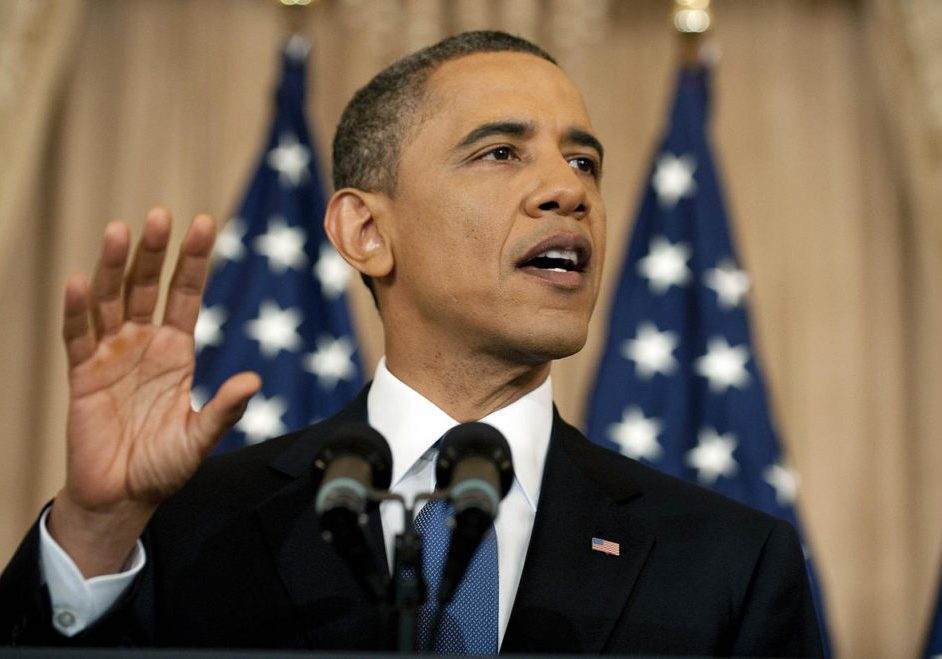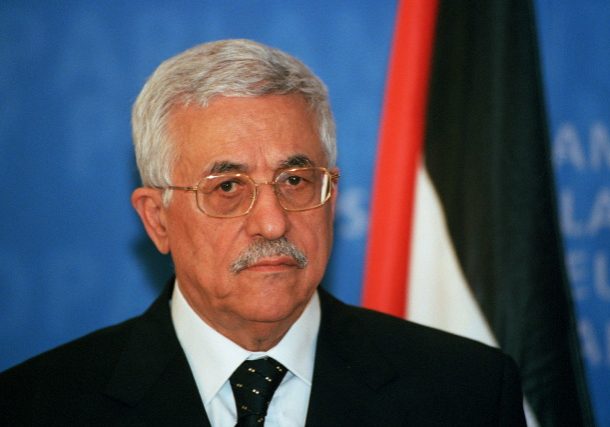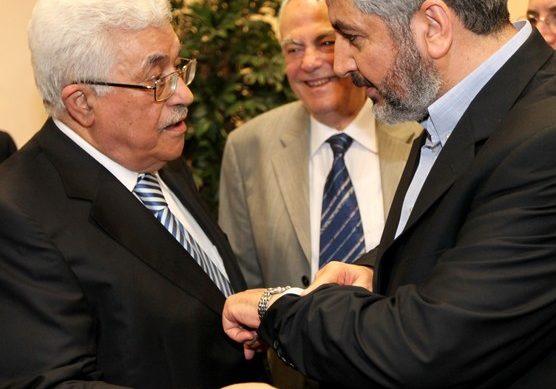
The return of Gaza flotillas/NGOs and Israel
June 6, 2011
This Update deals with the proposed additional flotilla to Gaza being organised – probably for later this month – by the same people who organised the Mavi Marmara flotilla last year. It further includes some material on the way various non-governmental organisations (NGOs), often with support from Western governments, are making a two-state Israeli-Palestinian peace more difficult, including by prompting efforts like these flotillas.
First up is British columnist Melanie Phillips, who points out that the latest flotilla effort is more nakedly than ever a propaganda stunt to attempt to make Israel look bad, with no conceivable humanitarian purpose, despite the claims of the organisers. She notes that it comes at about the same time that Gaza is about to open its second shopping mall. She also discusses a plan by flotilla organisers to attempt to organise masses of protesters flying into Ben Gurion airport to disrupt traffic and create a propaganda stunt.

Palestinian UNilateralism revisited
June 3, 2011
This Update features three notable pieces on the Palestinian efforts to have the UN recognise a Palestinian state in “the ’67 lines” in September, without negotiations or compromise with Israel.
First up is noted American Middle East expert Prof. Fouad Ajami, who strongly argues that the effort is futile. He deals at length with the contention often heard that the UN “created” Israel and can therefore likewise “create” Palestine, noting that it was not the UN, but the concrete achievements of the “Yishuv”, the Jewish community in Palestinian, which actually created Israel. Ajami also puts the Palestinian tactics in some historical perspective, arguing they are redolent of Yasser Arafat’s past delusions that the Palestinian could have “it all” without compromising with Israel.

“Arab Spring” Pessimism/ The Key Middle East trade-off
May 27, 2011
While most Middle East observers have felt considerable hope in the wake of the “Arab Spring” mass movements, this has always been mixed with varying degrees of trepidation. Today, some very knowledgeable key analysts are increasingly saying that the trepidation now looks more appropriate than the hope. This Update is devoted to a few of these more cautious and pessimistic views about what is currently occurring across the region.
First up is Professor Barry Rubin, who predicts a major collapse of the Obama Administration’s policy hopes for the Middle East in September – not because of the Palestinian unilateral efforts at the UN, but because of the Egyptian elections. He predicts very a destructive and radical government in Egypt following that poll, and presents a variety of evidence to support his view. He then enumerates a number of dangerous problems he sees arising, and also raises other problematic trends across the region, including in Iran, Syria, Lebanon and Turkey.

1967 “lines”, Refugees and President Obama
May 23, 2011
Events in Washington relevant to the Middle East continue apace. Following US President Obama’s Middle East policy speech last Thursday, Obama met with Israeli PM Netanyahu on Friday (a video of Netanyahu’s remarks is here and a transcript is here, while video of Obama is here) and then spoke to the pro-Israel lobby group AIPAC on Sunday (a text of his remarks is here.) This Update deals with some of the key issues raised by the statements at all three events.
First up is former senior US official Elliot Abrams, who looks at how the AIPAC speech clarified the more controversial elements of the speech on Thursday. He notes the statement on Hamas was clearer, and the words President Obama used on borders was a correction to a mistake on Thursday, where he seemed to be suggesting that Israel could be forced completely back to the 1949 armistice lines if the Palestinians did not choose to agree to land swaps. Abrams notes a contradiction, however, that seemed to continue in the AIPAC speech, a recognition that Israel could not be expected to negotiate with a Palestinian Authority containing an unrepentantly rejectionist Hamas, and yet a demand seemed to be there for Israel to find some way to negotiate.

Obama’s Middle East Speech
May 20, 2011
As readers are probably aware, US President Barack Obama gave an important speech last night on US Middle East Policy in response to the Arab Spring – which can be read in full here, and can be viewed here. This Update deals with its policy statements across various issue areas as well as their ramifications.
First up is Robert Satloff, director of the Washington Institute for Near East Policy, who discusses the implications of what Obama said particularly with respect to Israeli-Palestinian issues. He is critical of three elements of the speech which go beyond the Clinton parameters for a deal set back in 2000 – his enunciation of the principle that a deal should be “based on the 1967 lines with mutually agreed swaps,” a rejection of an Israeli military presence in the Jordan valley in a deal, and “a borders-and-security-first approach, leaving the subjects of refugees and Jerusalem for future negotiations”. Satloff points out that these are all US movements toward the Palestinian position – just as the Palestinian Authority had signed a highly destructive agreement with Hamas, and is likely to lead to a rift with Israeli PM Netanyahu, currently due in Washington.

Abbas in the NYT/ Naqba day
May 19, 2011
This update deals with two related Israeli-Palestinian developments – a relatively hardline piece by Palestinian Authority President Mahmoud Abbas in the New York Times on Tuesday, plus the “Naqba Day” clashes over the weekend (video here and here, some photos here), which for the first time saw major efforts by Palestinian residents of Syria and Lebanon to try to cross the border into Israel, leading to considerable casualties.
First up is a response by David Harris, Executive Director of the American Jewish Committee, expressing disappointment and concern at the content of Abbas’ opinion piece, which Harris argues, not only effectively says no to a negotiated peace, but re-writes 60 years of history. He takes particular issue with the matters Abbas elides or misrepresents regarding what happened in 1948 and the period up until 1967. He says that Abbas’ defence of moves to gain unilateral support for Palestinian statehood without negotations is likely to “effectively end the Israeli-Palestinian peace process.”

The Fatah-Hamas Deal and the Future of the Palestinians
May 13, 2011
This Update returns to the subject of the Fatah-Hamas deal and focuses especially on the implications of the deal for the Palestinians and their aspirations.
First up is noted French philosopher and public intellectual Bernard-Henry Levy, whose reaction to those who imagine that this deal could be good for the Palestinians or peace prospects is to repeat the words of French Premier Edouard Daladier when he was greeted by cheering crowds after appeasing Hitler at Munich in 1938 – “Oh! The Fools!” He argues that PA President Mahmoud Abbas has essentially undone all the good work he has done for Palestinian credibility and normal life over recent years. Even bigger losers, he argues, are the 1.5 million Gazans condemned to the totalitarian, terrorist rule of Hamas with its penchant for eternal conflict, as well as the whole “Arab spring” movement.

After Bin Laden
May 12, 2011
This Update focuses on additional, under-reported features of the killing of Osama bin Laden last week.
We lead with noted Canadian Muslim reformer Irshad Manji, who while congratulating US President Barack Obama, takes issue with his statement that bin Laden was “not a Muslim leader.” She insists that bin Laden and his followers do represent a real interpretation of Islam, and the only long-term solution is to challenge that interpretation “relentlessly and visibly”.

The Hamas-Fatah Pact revisited/ Egypt’s Next President?
May 6, 2011
As readers are probably aware, Hamas and Fatah signed a unity deal on Wednesday, following up on their announcement of the deal last week. This Update contains two pieces on the details and implications of that agreement.
First up is Washington Institute scholar David Makovsky who looks at the deal, the background that brought it about, and its implications for security and governance for both the Palestinians and Israel. He also examines the considerable challenges the deal will pose for US Middle East policy, including in terms of the considerable aid Washington provides to the PA at the moment. He is particularly good on the challenges that the pact will face from Israeli opposition, the loss of the internationally highly-regarded Palestinian PM Salam Fayad, and the potential loss of security support from Israel and the US.






